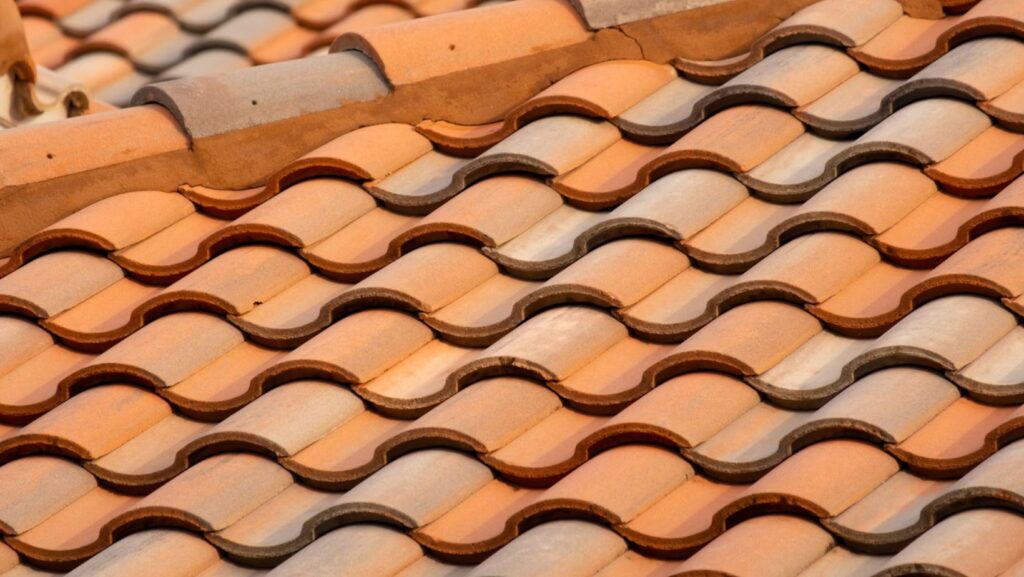Portland, Oregon, is known for its pleasant summer temperatures, making the City of Roses a great choice for attending music festivals and parks. However, when winter comes around, it’s a different story.
Characterized by frequent rainfall, the overcast heavens and damp weather can play havoc with roofs and construction sites. Many homeowners find themselves deciding on roof repairs or roof installation.
Your first port of call should be a professional roofing contractor in Portland, Oregon who can best advise you on choosing the right roofing material to replace your current one.
Below is a look at roofing materials best suited for Portland’s environment:
Asphalt Shingles
Widely used in the early 20th century, asphalt shingles were favored as an economical fire-resistant roof covering. Aesthetically pleasing, the rule of thumb is to consider the architectural style and size of the house.
For instance, if the color of the exterior walls is dark, play it safe and go with a dark tone as well. The same applies to light colors.
If your siding is a different shade from your home, look into purchasing asphalt shingles that are as close in color to the siding. This will create contrast, increasing your home’s curbside appeal.
Not only are asphalt shingles affordable, but they are also durable with waterproofing qualities. The fiberglass-based variant protects your roof from ultraviolet rays.
Shingle designs also complement the architectural style and siding on the residence, says Portland-based roofing company Jobin Roofing.
Metal Roofing
Metal roofing often gets a bad rep for poor installation, leaks, rust, and erosion. Most complaints are from homeowners who claim subpar installation compromises the roof’s waterproofing. This often results in leaking.
Other reasons for a new metal roof leaking can be gaps, inadequate sealing, or improperly fastened panels.
Because of Oregon’s damp winter, exposure to moisture can increase the chances of corrosion and rusting.
But don’t let the cons put you off from considering a metal roof. Durable, cost-effective and charming, metal roofs come in a variety of styles and paint finishes.
According to Architectural Digest, a standing seam metal roof gives a home a sleek and contemporary appearance. Corrugated metal panels add to a house’s country chic appeal.
Clay/Concrete Tiles
A tad on the pricey side, clay or concrete tile roof can cost three times more than asphalt shingles. Considering the roofing guarantee of lasting 100 years or more if properly installed, it’s a fair trade.
Besides their longevity, clay tiles can withstand most elements like fire, wind, snow, and hail. With Oregon’s temperamental cold climate, they are the perfect choice. The added plus is that they keep the home cool during summer and warm in winter.
Now is also a good time to mention that asphalt fiberglass shingles, concrete, and flat/barrel-shaped tiles are classified as Class A fire-resistant materials. Architecturally, clay tiles are often connected to Mediterranean and Spanish-style homes.
The biggest drawback is the cost, as previously mentioned. Adding to the installation bill could be the replacement of brittle tiles, which break easily during the fitting process.
A steep roof slope is best suited for clay roof tiles. The International Code Council does have specific requirements which include the minimum allowable slope being a ratio of 2 1/2 to 12 inches.
Slate Roofing
Natural slate roofing has enjoyed a resurgence of late, thanks to its small carbon footprint, hardiness and weather-resistant features.
Forbes Home places the cost of slate at $29,400 for the average 2,000-square-foot roof. Taking other factors into consideration, roofing companies could charge as much as $50,000.
Natural slate tiles could last as long as 200 years, but their rugged beauty and classic look see them adorning historically preserved homes. Requiring little maintenance, the vintage appeal of slate roofing is often used by architects on new-build homes.
Forbes Home suggests a way to add texture to a house’s appearance is to mix and match different lengths, widths and thicknesses.
Homeowners look past the costs of installing a slate roof due to the longer-than-lifetime guarantee. Mold, weather, and temperature-resistant slate roofing are considerable choices for Portland.
When deciding which roofing material to go with, homeowners in Portland should consider durability and resistance to moisture and moss. Also, give some thought to long-term maintenance costs.
Research roofing companies in your area with a thorough understanding of Oregon’s climate and building codes. Once your roof is installed, get a roof inspection done on a regular basis.




More Stories
3 Benefits of Hiring Fence Contractors For Residential Fencing Services
When It Rains, It Floods: How To Survive Surprise Home Repairs Without Going Broke
How to Find A Reliable Bathroom Contractor in Burlington